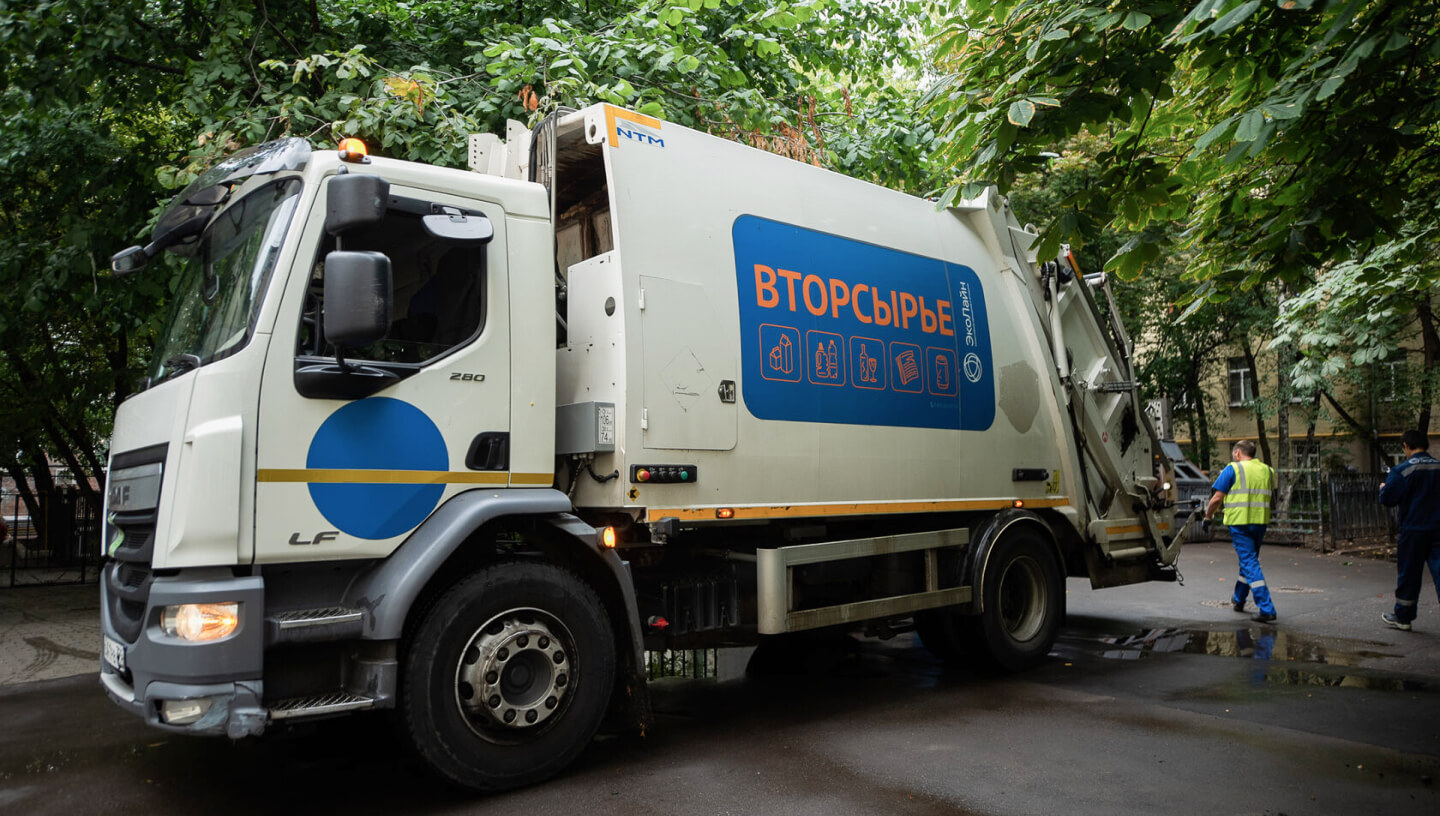 Photo from: Russian environmental operator
Photo from: Russian environmental operator
There are pros and cons to the Extended Producer Responsibility (EPR) concept. On the plus side, the EPR will be an incentive for packaging manufacturers to use recycled materials. This is something our company is working on. But sometimes it can be difficult to negotiate with packaging suppliers to use recycled raw materials in their production.
The advantage for packaging manufacturers is that if they include recycled materials in their packaging, this works as a reduction factor. In other words, the more secondary raw materials in your packaging, the less additional investment you need to make in collection and recycling, because secondary raw materials are already a form of EPR performance.
On the other hand, there is also a financial aspect. Right now, we do not know how the transfer of the ROP will affect the prices of packaging suppliers for the manufacturer of the goods. We know how much investment we make within the ROP, working in the core association. But it is not yet clear whether the packaging manufacturer’s ROP will become equivalent to our current investment in the field.
The downside of the current concept is that it reduces the role of industry associations and the range of opportunities they have to implement ROPs on behalf of companies. We don’t think this is quite right. Our experience shows that working through an association, where many companies can join forces to implement responsibility, is a convenient model from various points of view. Besides, we have several infrastructure projects that we are currently implementing exactly through the Ruspro association.
The impact on prices will be clearer when the transfer of the ROP already takes place. Right now it is possible for commodity producers to manage extended liability issues as painlessly as possible. However, this is possible in an environment where 100% regulation has not yet been introduced. I think that even without the transfer of responsibility, the 100% norm will be a significant burden on companies.
Ironically, this financial burden beats global sustainability goals for many businesses. And eventually, I think we will have to come to that sooner or later. Another thing is that it will be more difficult for businesses to digest this overnight, over two or three years, than if the responsibility is shifted gradually rather than through an abrupt transition from, say, a 20% standard to 100%.
Cover photo: Sergey Bobylev / TASS








Comments